-
Vintage Collectibles
-
Books
- Love of Reading Hub
- Shop Classic Fiction Books
- Shop Cookbooks
- Shop Children's Books
- Shop Vintage Book Bundles
- Shop Poetry Books
- Shop Mystery Books
- Shop Art Books
- Shop The Easton Press Leather Bound Collection
- Shop Medical Books
- Shop Railroad Books
- Shop Anne Rice Books
- Shop Robert Ludlum Books
- Shop E. Philips Oppenheim Books
- Shop Mary Stewart Books
- Shop Elbert Hubbard Books
- Shop History Books
- Shop Anne Rivers Siddons Books
- Shop Military History & Fiction Books
- Vintage Sci-Fi Books
- Shop Maritime Books
- Shop How-To Books
- Shop Photography Books
- Shop Dance Books Books
- Shop Sports Books
- Shop Golf Books
- Shop Ephemera
- Reading Journals & Blank Keepsake Books
- Shop Nature Books
- Birding Books & Field Guides
- Fishing & Hunting
- Shop Paperback Books
- Shop Western Books
- Shop Bookends
- Bundles & Lots
- Vintage Glass
- Vintage Kitchenware
- Shop Vintage Recipe Boxes
- Vintage Home Decor
- Beatrix Potter Figurines
- Barware & Breweriana
- Vintage Patches
- Memorabilia & Rare Ephemera
-
Bookish Digital Downloads
- Monthly Spotlight: Vintage Collectables
- Collectible Pins & Vintage Jewelry
-
-
Vintage Collectibles
-
Books
- Love of Reading Hub
- Shop Classic Fiction Books
- Shop Cookbooks
- Shop Children's Books
- Shop Vintage Book Bundles
- Shop Poetry Books
- Shop Mystery Books
- Shop Art Books
- Shop The Easton Press Leather Bound Collection
- Shop Medical Books
- Shop Railroad Books
- Shop Anne Rice Books
- Shop Robert Ludlum Books
- Shop E. Philips Oppenheim Books
- Shop Mary Stewart Books
- Shop Elbert Hubbard Books
- Shop History Books
- Shop Anne Rivers Siddons Books
- Shop Military History & Fiction Books
- Vintage Sci-Fi Books
- Shop Maritime Books
- Shop How-To Books
- Shop Photography Books
- Shop Dance Books Books
- Shop Sports Books
- Shop Golf Books
- Shop Ephemera
- Reading Journals & Blank Keepsake Books
- Shop Nature Books
- Birding Books & Field Guides
- Fishing & Hunting
- Shop Paperback Books
- Shop Western Books
- Shop Bookends
- Bundles & Lots
- Vintage Glass
- Vintage Kitchenware
- Shop Vintage Recipe Boxes
- Vintage Home Decor
- Beatrix Potter Figurines
- Barware & Breweriana
- Vintage Patches
- Memorabilia & Rare Ephemera
- Bookish Digital Downloads
- Monthly Spotlight: Vintage Collectables
- Collectible Pins & Vintage Jewelry
-
Books
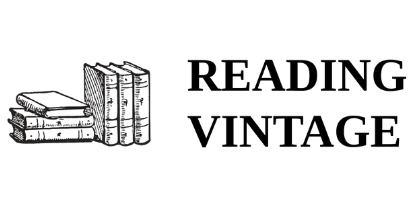



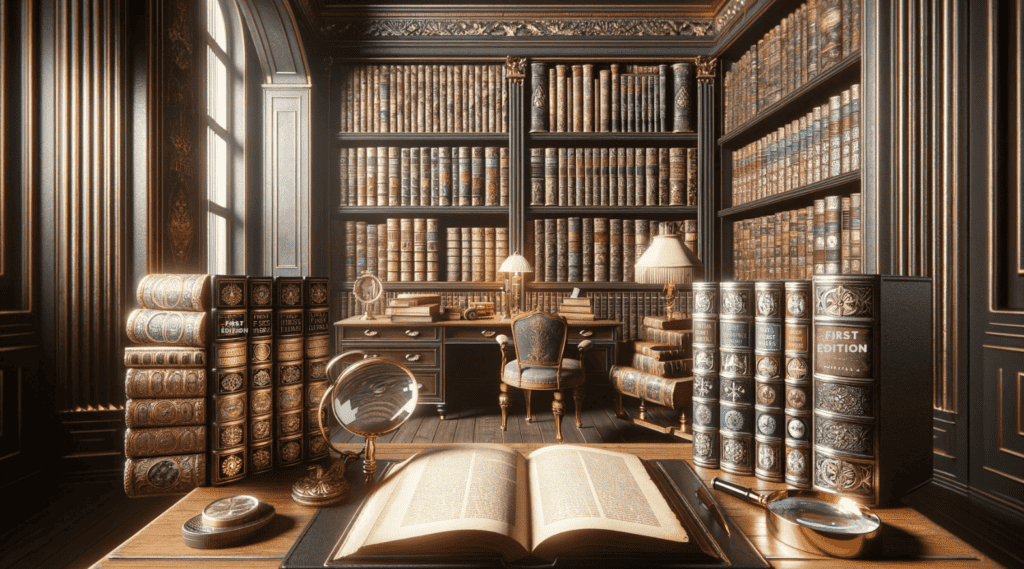
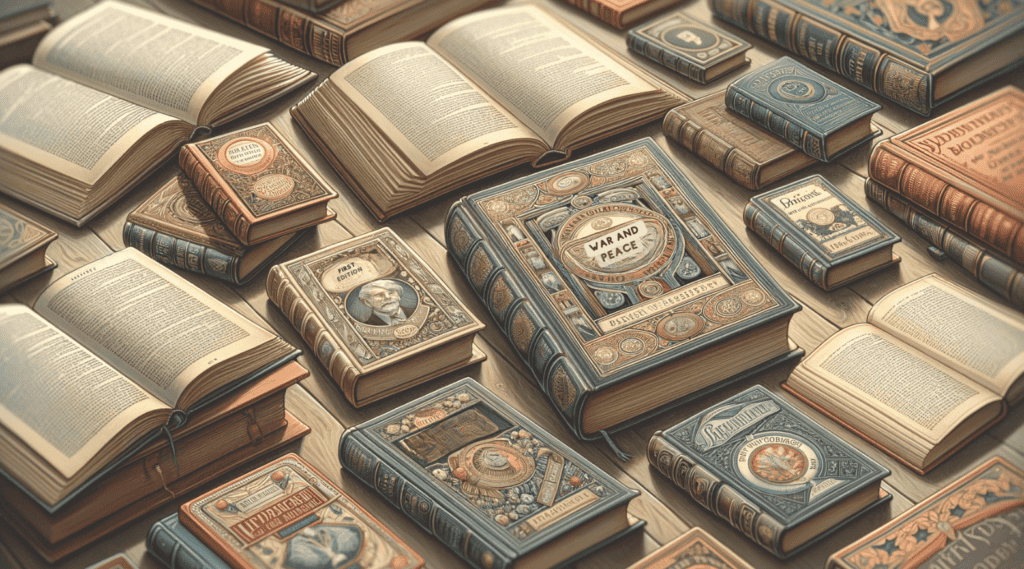
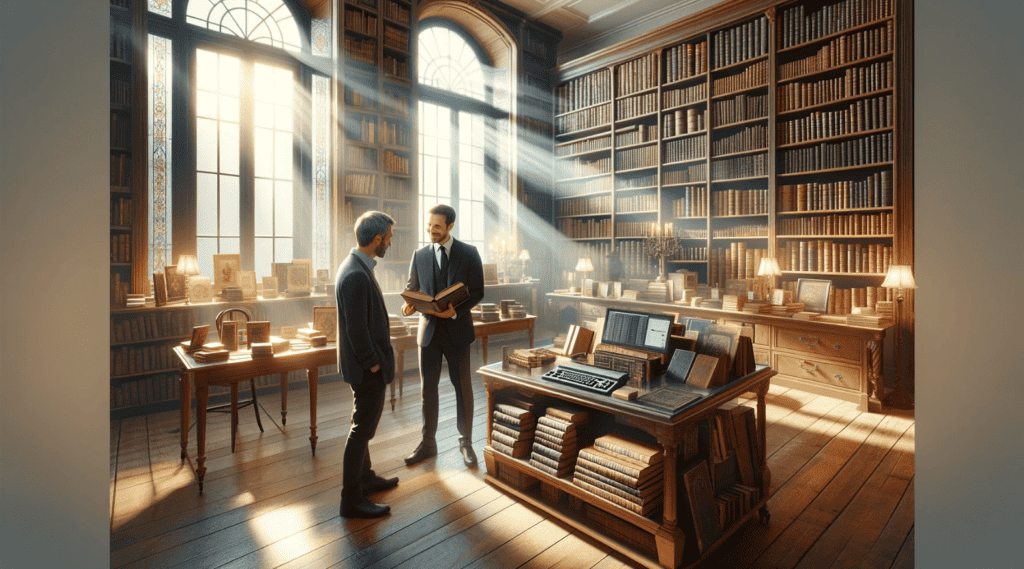
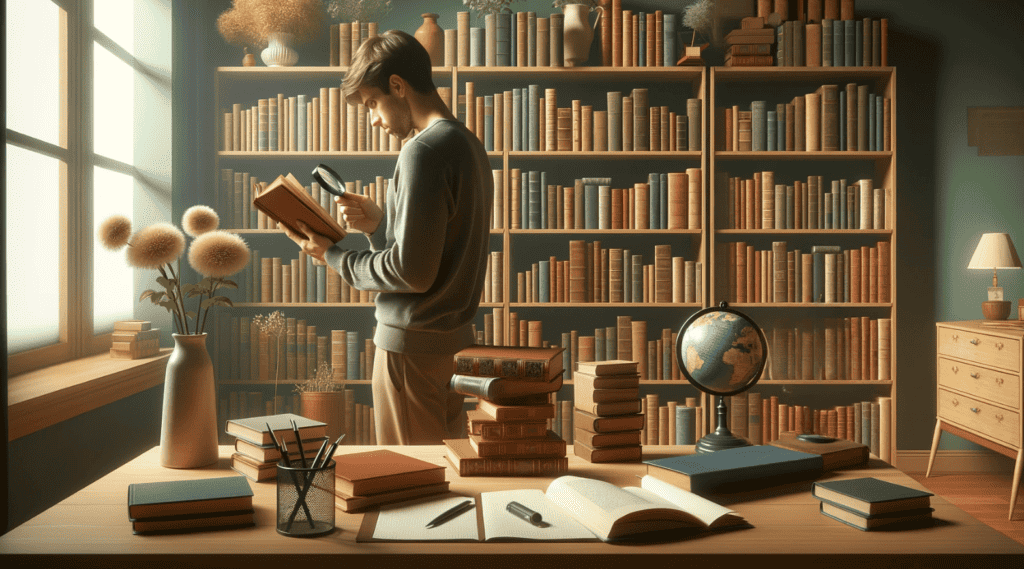
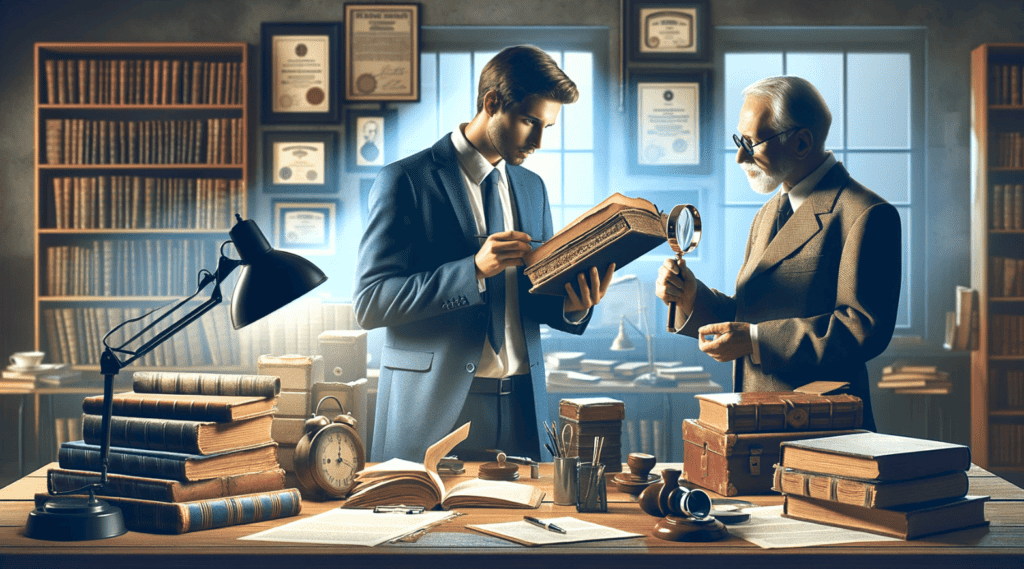


 Author Bio: Pam of Reading Vintage
Author Bio: Pam of Reading Vintage